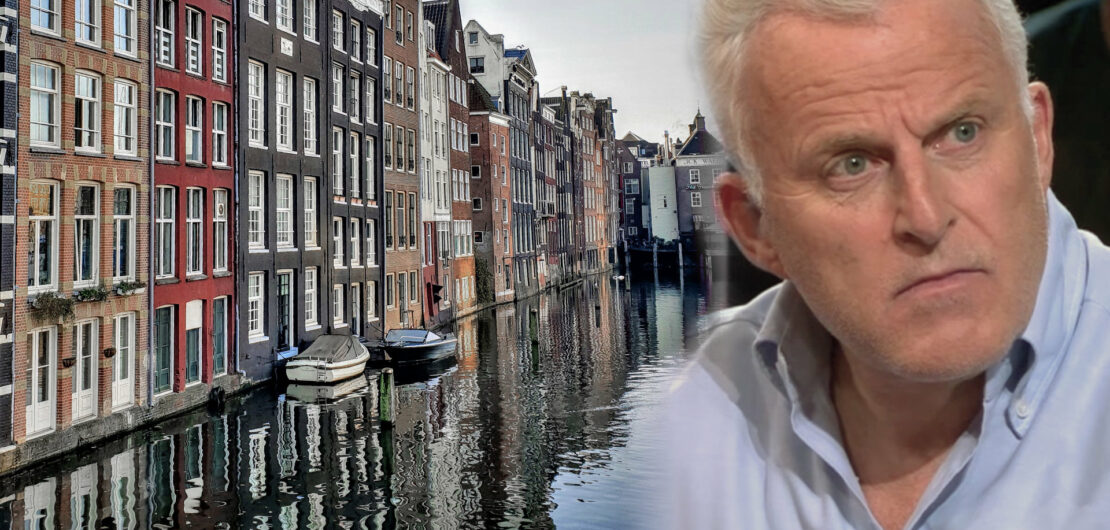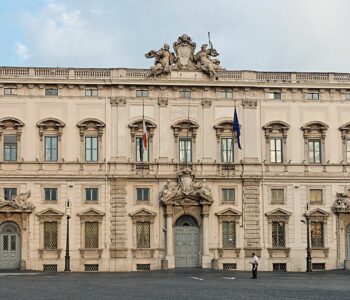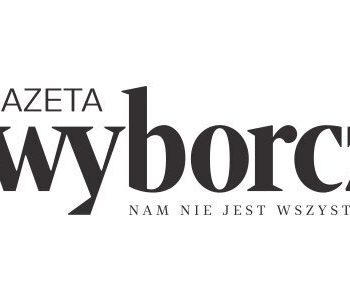 Library
Library
Netherlands: Shocking attack on veteran crime reporter requires swift…
Netherlands: Shocking attack on veteran crime reporter requires swift action
The European Centre for Press and Media Freedom (ECPMF) as part of the Media Freedom Rapid Response (MFRR) is appalled by the attack on veteran Dutch crime reporter Peter R. de Vries.
We call on the Dutch authorities to swiftly investigate and establish whether de Vries was targeted for his work as a journalist. The perpetrator(s) and mastermind(s) behind this horrific crime must be brought to justice without delay.
The European Centre for Press and Media Freedom (ECPMF) as part of the Media Freedom Rapid Response (MFRR) is appalled by the attack on veteran Dutch crime reporter Peter R. de Vries.
We call on the Dutch authorities to swiftly investigate and establish whether de Vries was targeted for his work as a journalist. The perpetrator(s) and mastermind(s) behind this horrific crime must be brought to justice without delay.
De Vries is well-known for his investigative reporting on the Dutch underworld and has repeatedly received serious threats as a consequence of his work. On Tuesday evening, de Vries was gunned down on the street in Amsterdam by an unidentified attacker after appearing as a guest on TV show RTL Boulevard. He was taken to hospital in critical condition. As reported on national broadcaster NOS, five shots were fired and de Vries was shot in the head.
Regardless of the motive, the attack on de Vries is a tragic event for Europe’s journalistic community. Without safety for journalists, there can be no free press.
“We are shocked by the attempted murder of investigative crime reporter Peter de Vries in the Netherlands. The manner in which he was attacked reminds us of the murders of Ján Kuciak, Daphne Caruana Galizia and Giorgos Karaivaz. We have to face the fact that investigative journalists exposing the actions of organised crime are in constant danger. The state must protect them”,
says Lutz Kinkel, Managing Director of ECPMF.
“The King and the Prime Minister of the Netherlands rightly called this an attack on journalism, press freedom and the rule of law. Now we ask them to follow through with conducting a thorough investigation of the case. The Netherlands are a role model regarding press freedom. But the horrible attack on de Vries also makes clear that the protection of journalists must be improved.”








